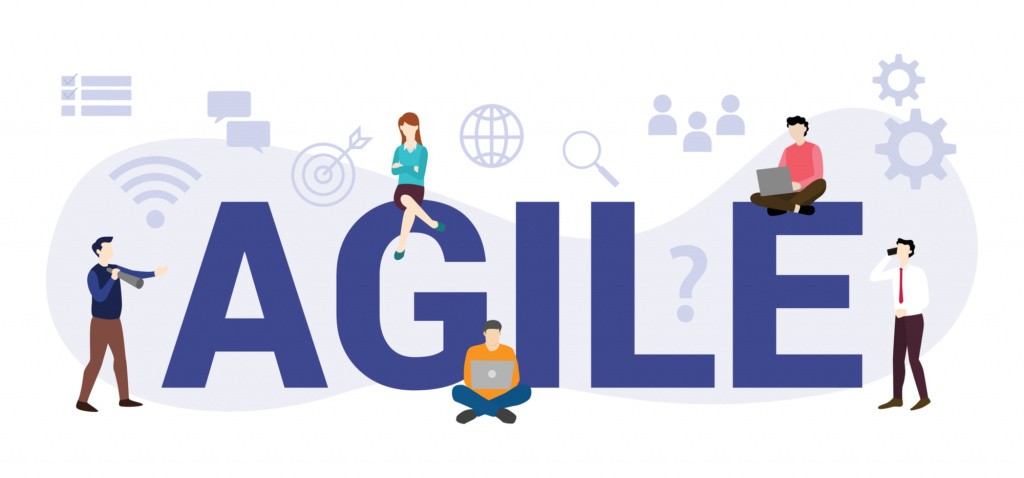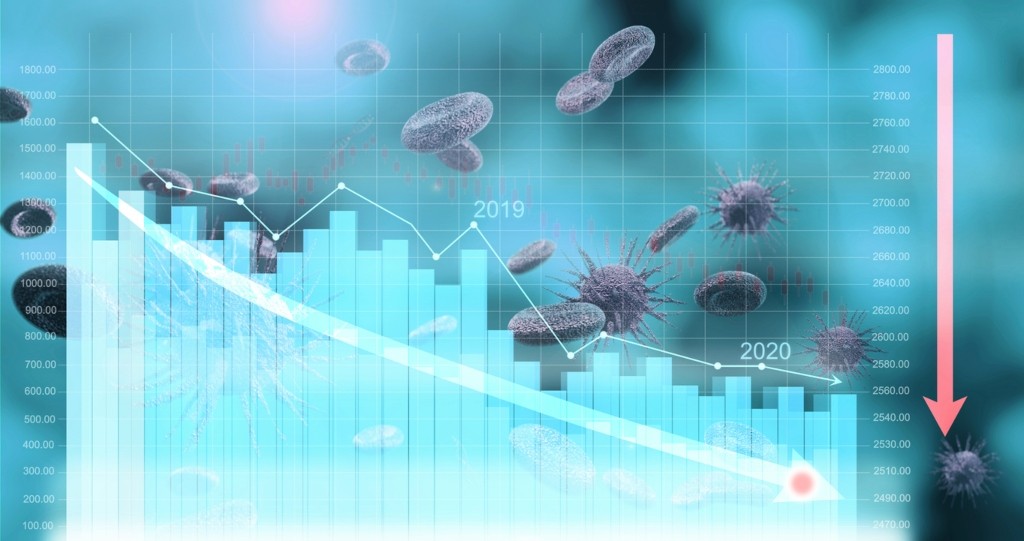Never Waste a Good Crisis – Renewal, Responsibility and Climate Change
The idea of change before crisis hasn't taken hold in the majority of personal or business contexts. Running on autopilot is the ingrained pattern, making the Covid-19 interruption and crisis especially important. Every aspect of it prepares companies and humanity for the more subtle, yet high risk upset of impending climate change. With business decision-making constricted with fear, now is a good time to take a page from the entrepreneurial experience. If an entrepreneur has not been through one or more crisis's they are not considered investment worthy. Resilience, strength and a chance to reinvent arises from setbacks. Other forms of adversity can teach the same resilience. Moving to a foreign country, escaping violence, or bankruptcy work too. Anytime serious adversity lands in your life, it is a chance to bounce forward. Never waste a good crisis.
Witness the speed with which governments moved to support businesses, and employees at risk. Companies switched from one product line to another in record time. Why do we need a crisis to remove blocks and barriers? It is much easier to drop business as usual when you have no other choice. Fortune favours the agile.
The Covid-19 pandemic offers a crash course in systems dynamics, illuminating weaknesses in food supply chains to executive decision-making competencies. The core assumptions underpinning decisions are fully transparent. Companies that invested in flexibility in their production lines had their investment returned. Those who did not, were left idling. Five US companies paid out $700 million to shareholders and executives while laying off workers incurring reputational damage. Through such decisions, companies reveal their integrity, and relevance to society. Failure to care exposes why employees will remain unengaged and profitability sub-optimal. A shift is underway and the Covid-19 interruption is facilitating it. Knowledge workers have a choice. Who you want to work for? Why you would want to? Are values only words? Going forward, care and compassion for more than profit will attract high talented employees. It takes all eyes and senses when working in complex conditions. Fail to care and you fail to access responsiveness.
Using a Personal Crisis to Strengthen Resilience
On a parallel track, crisis is the training ground for dealing with crisis with calm confidence. The steeper the crisis the stronger your ability to steer using your emotions. This is a better option than allowing your emotions to steer you. Anxiety is a tension calling forward expression and being in alignment with what matters most. How does a crisis prepare you to walk through a system-wide disruption with a degree of calm preparation? Change you don't have control of can feel irritating until you recognize the advantages. Consider it training for what will come next.
Setbacks or severe interruptions in routine toss everything up in the air. You gain a chance to reflect and re-examine what is important. Armed with insights and revelations, better decisions move you toward aligning your heart's desires with work and quality of life. Remote working has afforded reconnection with families, for better or worse. The quality of relationships is in heightened focus. As in companies, the quality of personal relationships determines the quality of communication, degree of trust and how interpersonal conflicts are handled.
Crisis also facilitates transferring your sense of security from depending on your outer world staying stable to relying on what is inside of you. New awareness gained from the forced pause gives cause for gratitude. Altering what you think, perceive and do next embeds awareness into a next level of knowing. No personal development course is a substitute for the learning a crisis provides.
Climate change isn't about a threat to human health. It is about a threat to all that supports life on earth. From food to energy security and everything between. Gaining fluency with sitting in ambiguity, at ease with what shows up, is all preparation. The bee population is diminishing, a direct consequence of past decisions. Bees are responsible for pollinating $30 billion in crops per year. A BBC article points out. Removing bees would affect the food supply for 7 billion people world-wide. Was that considered when spraying insecticide? A wider and wiser decision-making consciousness can result by reconsidering what role humans play, what role business plays and what role we would like to play: destructive or regenerative?
Is the coronavirus giving humanity the opportunity to see beyond the daily patterns that define a limited life? A chance to refresh meaning and purpose. To evolve using uncertainty without forcing what emerges into a predictable controllable result. This is the challenge we all face.
How Does Crisis Benefit Companies?
At the crossroad of crisis and the need for economic survival lies creativity. The five companies who laid off employees then paid out executive and shareholders are likely not alone. Traditional, conventional beliefs make unethical decisions even more transparent at a time when the ethos is shifting. Every day Mongabay reports on governments and companies that are systematically destroying the resilience of natural systems to support and sustain civilization. Up until now, those actions have been noticed by those who care about the future. Now, we all have the chance to care about the quality of life for all creatures. The quality and existence of human life depends on it.
There are also many companies that have transmuted a crisis by taking risks they would not otherwise have taken. Herman Miller's Aeron Chair came out of a crisis. Manufacturer Haier reinvented itself. That process started in 1984 when founder and CEO, Zhang Ruimin handed sledgehammers out to his staff. Then he directed them to destroy 76 defective refrigerators. Now they are the world's largest appliance manufacturer and leaders in innovation. The Covid crisis has profiled the agility of Medtronics who shared their ventilator design to facilitate sharing solutions. Adaptive agility awards also go to Tesla, L'Oreal, Bosch and many others. Their response illustrates the mindset needed to make more responsible and responsive decisions. However, it is only the beginning. There is no return to the past.
Companies have not been engaging their employees for a long time. The goal of meeting the next quarterly target is less than inspiring. Life after Covid gives companies a strategic opening to adapt workplaces, to distribute decision-making and liberate employees. Focus can shift to a shared purpose or goal that goes beyond limiting profit. The GapFrame.org data illustrates where UN Sustainable Development Goals will and will not be met in every nation. To raise the level of strategic conversations, this is a good place to start.
Humanity is part of the living system that defines vibrancy of life on the planet. Companies function as an interdependent, complex network of relationships. Adversity is the doorway. Adapting decision-making to meet the challenges lies on the path ahead.
Dawna Jones will be speaking at the Requisite Agility summit. She will be talking about what nine years of homelessness teaches about working with uncertainty and ambiguity.
Related Posts
Comments
By accepting you will be accessing a service provided by a third-party external to https://www.requisiteagility.org/




